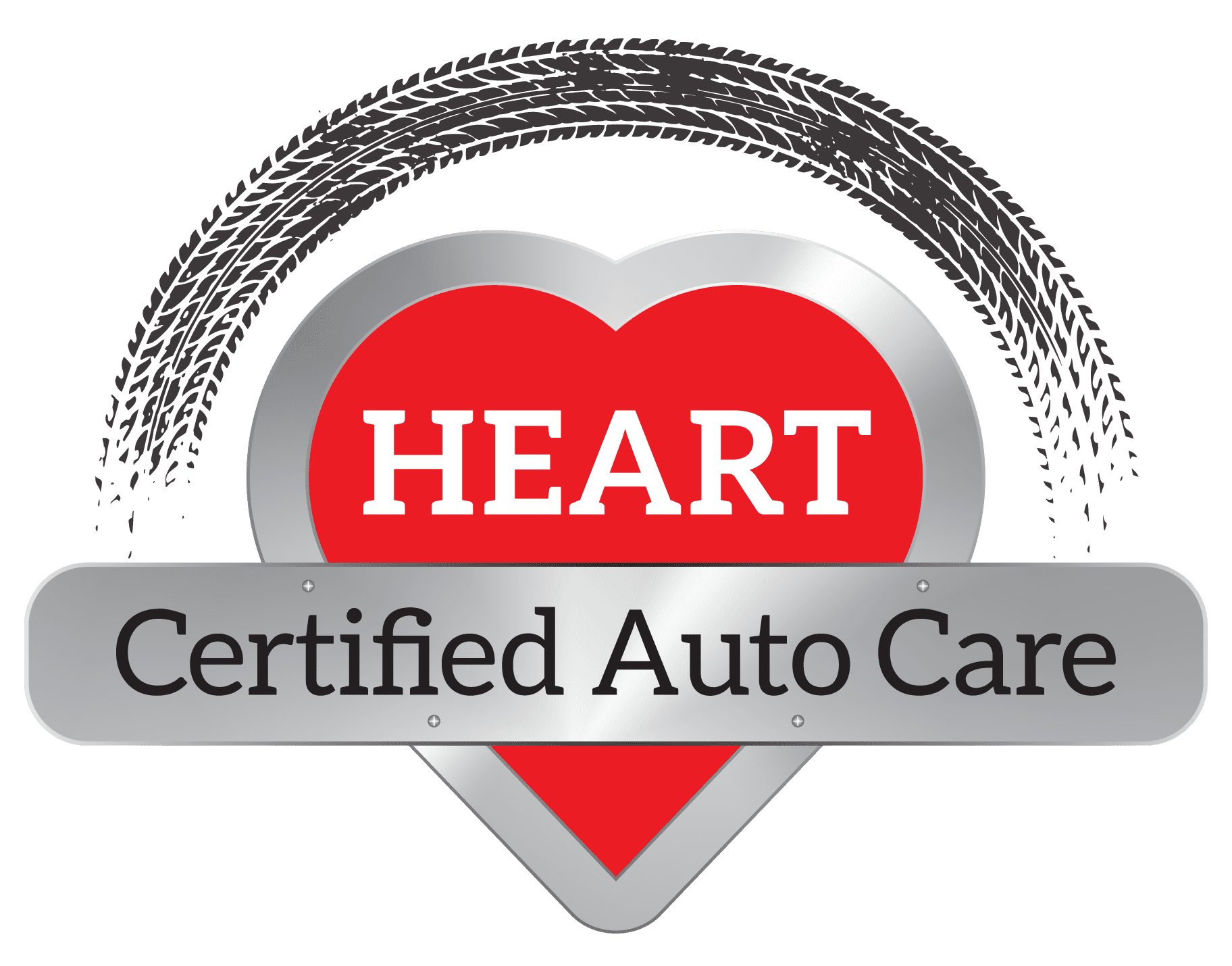Best Practices for Toyota Fuel System Maintenance in Evanston


The Importance of Fuel System Maintenance
The fuel system in your Toyota is important as it stores and supplies fuel to the engine for combustion. Routine maintenance is needed for ensuring the engine runs smoothly and efficiently. By ensuring the fuel system is in good condition, you also improve overall performance and fuel efficiency.
Maintaining a clean and obstruction-free fuel system extends the engine’s lifespan and reduces unnecessary wear and tear. It also helps lower fuel consumption, saving you money at the pump. Additionally, a properly functioning fuel system reduces vehicle emissions, benefiting the environment.
Key Components of a Toyota Fuel System
- Fuel Tank: The reservoir that holds the fuel.
- Fuel Pump: Moves fuel from the tank to the engine.
- Fuel Filter: Removes impurities from the fuel before it reaches the engine.
- Fuel Injectors: Inject fuel directly into the engine’s combustion chambers.
- Fuel Lines: Transport fuel between the components.
Common Fuel System Issues
- Clogged Fuel Filter: Blockages in the fuel filter may cause engine misfires, a loss of power, and lower fuel efficiency.
- Faulty Fuel Pump: This may result in difficulty starting the car, stalling, or decreased performance.
- Leaking Fuel Lines: Pose a significant safety risk and can cause a drop in fuel pressure.
- Dirty Fuel Injectors: These can cause poor fuel delivery, leading to rough idling and lower fuel efficiency.
- Vapor Lock: Occurs when fuel overheats in the lines, causing the engine to stall or fail to start.
- Fuel Tank Corrosion: This can result in fuel contamination and damage to other components of the system.
Best Practices for Toyota Fuel System Maintenance in Evanston
1. Regular Inspections
- Inspect your car’s fuel lines for any signs of damage or leaks.
- Ensure the fuel cap seals properly to prevent vapor leakage.
- Inspect the fuel filter for signs of clogging or contamination.
2. Timely Fuel Filter Replacement
3. Using Quality Fuel
4. Keeping the Fuel Tank Full
5. Addressing Issues Promptly
6. Professional Maintenance Services
7. Fuel Injector Cleaning
- Restore optimum fuel spray patterns.
- Improve throttle response and overall engine performance.
- Boost fuel efficiency, saving you money in the long run.
8. Inspecting and Replacing Fuel Pump
- Whining noises from the fuel tank.
- Difficulty starting the vehicle.
- Engine sputtering at high speeds.
9. Fuel System Additives
- Cleaning carbon deposits from fuel injectors and combustion chambers.
- Enhancing fuel stability and lubricity.
- Reducing emissions by promoting cleaner fuel combustion.
Choosing the Right Auto Care Center in Evanston
- Experience and Expertise: Look for centers with a proven track record in Toyota maintenance.
- Customer Reviews: Online reviews and testimonials can provide insight into service quality.
- Certifications and Training: Ensure technicians are certified and have undergone specific training for Toyota vehicles.
- Transparent Pricing: Choose a service center that offers clear pricing and detailed explanations of necessary repairs.
DIY Tips for Toyota Fuel System Maintenance
Occasionally inspect the fuel lines for visible cracks or leaks. If you notice any signs of damage, schedule a professional inspection immediately.
Implementing these techniques will significantly enhance your Toyota’s fuel system’s performance and longevity.
Conclusion: Toyota Fuel System Maintenance in Evanston
Effective Toyota fuel system maintenance in Evanston is not just about following a set of rules but about understanding your vehicle’s unique needs. For Toyota owners in Evanston seeking exceptional care for their vehicles, HEART Auto Care offers top-notch services tailored to your needs.
At HEART Auto Care, our skilled team knows Toyota fuel systems inside and out, using the latest equipment to keep your car running like new. From routine check-ups to tackling tough repairs, we’re here to provide dependable, top-notch service. Get in touch with us today to schedule your appointment and enjoy the confidence that comes with expert care for your vehicle.










